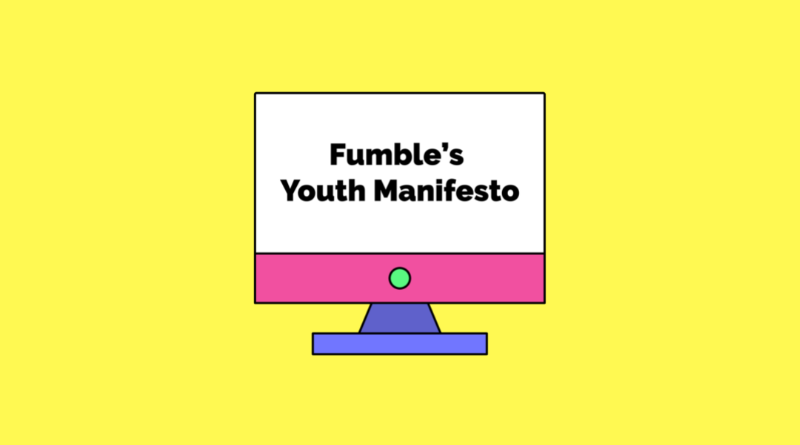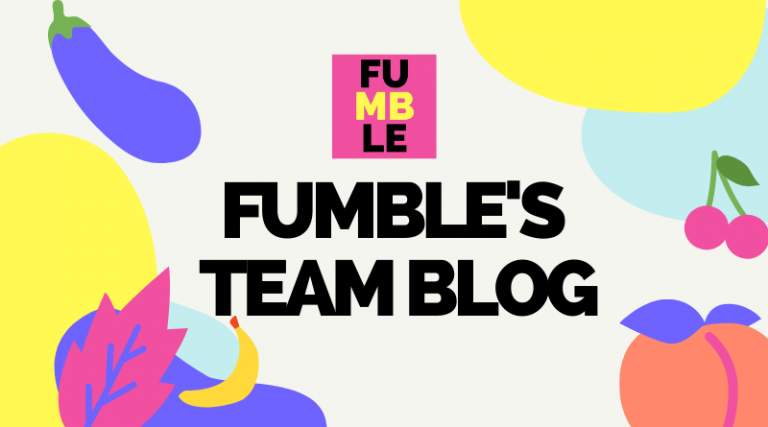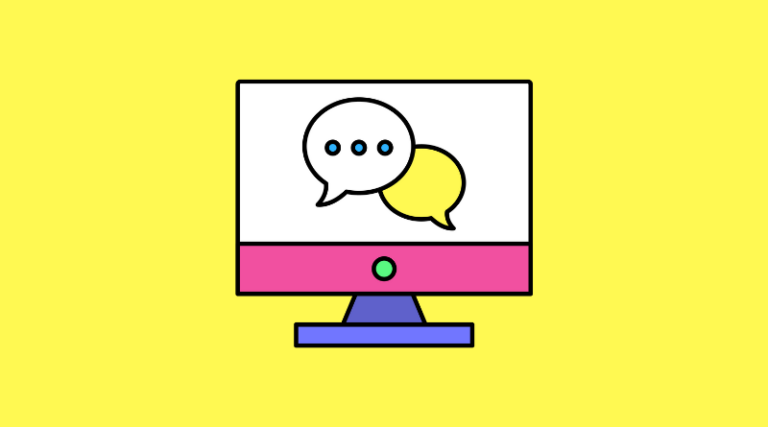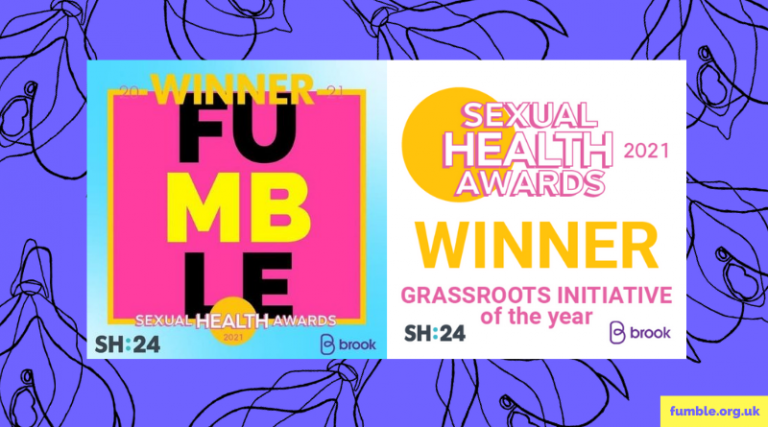4 ways we can make it easier and safer to access relationships and sex education online
Fumble’s Youth Manifesto shouts about the changes young people want to see when it comes to accessing relationships and sex education online
As part of growing up, young people struggle with challenges around sex, relationships, our mental health and our identities. With the internet playing a big role in our daily lives, we also have the challenge of navigating these issues in the online world.
From myths about sex, to risks of online grooming and cyberflashing, the internet is full of harmful, unhealthy content on relationships and sex. The government has announced changes to the Online Safety Bill to tackle some of these issues. However it’s important that the voices of young people, like me, are heard and taken into consideration when making changes.
Fumble recently surveyed 200 young people, aged 11-25, about the online world and RSE to understand how young people use the internet to search for relationships and sex education, the issues they face in the online world, and changes they want to see. We then turned this into a Youth Manifesto to shout about the changes young people want to see when it comes to accessing relationships and sex education online. Here are the changes we want to see, and why we need them:
1. We want a happy, healthy place online for sex education

The internet is where many young people go to learn about sex, relationships and our identities. Fumble’s survey found that the most popular resources were search engines (89%), Instagram (38%), blogs (37%) and YouTube/vlogs (32%). However, 79% of young people don’t know what content is reliable. Further, 25% reported that seeing sexually explicit content when searching for RSE online impacted them a lot. We deserve a safe, trustworthy place online, such as Fumble.
2. We want inclusive sex education

In Fumble’s survey, young people reported that relationships and sex education content is mainly aimed at able-bodied, cisgender and heterosexual people in monogamous relationships. Not only does this exclude people, but it results in lots of young people not being able to access the information they need.
Similarly, the Sex Education Forum’s Young People’s RSE Poll 2021 found that 39% of young people had learnt nothing at school about gender identity and information relevant to people who are trans and non-binary. What we’re not taught in school or at home, we search for online. Therefore, it’s important that we can easily find inclusive and safe content about relationships and sex online, like the variety available on Fumble’s website.
3. We want to be involved in the creation of sex education content

Over 80% of young people told Fumble that one of the changes they want is to be involved in creating relationships and sex educational content. This is huge. We have a first-hand understanding of the issues faced by young people, especially related to the online world. Involving us in this content creation means that we can guide those responsible for our sex and relationships education on what we need to learn about. This also means we can work together to communicate these issues in a way that is fun, relatable and relevant. Fumble is a platform allowing us to do just that, with the content being made by and for young people. We want more of this.
4. We want our parents/carers to be educated on the online world and what we face

Over 75% of young people told Fumble that they wanted their parents and/or carers to be educated on the online world and the issues they face. This would encourage parents to talk more openly about relationships and sex, and help them better understand and support the young people in their lives. Having trusted adults who understand the issues we face online gives us another place to turn to for support or questions. This can also help create a healthy dialogue around sex and relationships between our parents and/or carers.
When it comes to RSE in our day-to-day lives, many of us inevitably turn to the internet to find information. Whether it’s finding information about LGBTQ+ experiences or sexual advice, the internet can be a great resource for learning. It’s quick, easy and avoids embarrassment. However, it’s not always safe and many of us aren’t equipped to know what information we can trust.
Fumble is helping to make sure that young people have the skills and knowledge to successfully manage their sexual health, mental health and relationships today. Fumble’s Youth Manifesto sets out the changes that young people want to see to make sure that the online world, especially when it comes to accessing information on relationships and sex, is safer and more reliable. And it’s what we deserve.
Join us and back Fumble’s Youth Manifesto.
Read more
Last Reviewed 25 October 2023
Image Credit: Fumble






